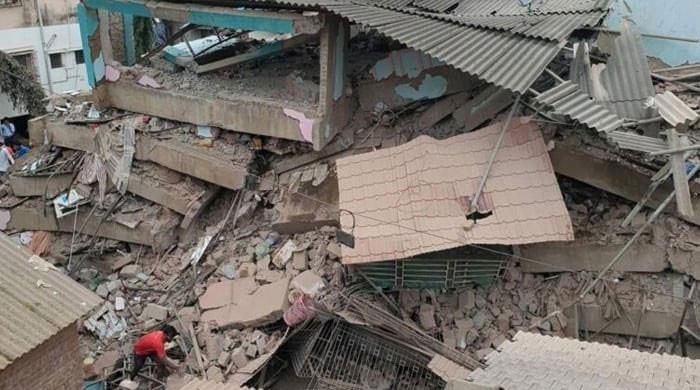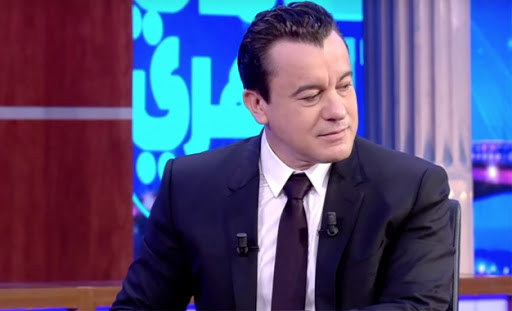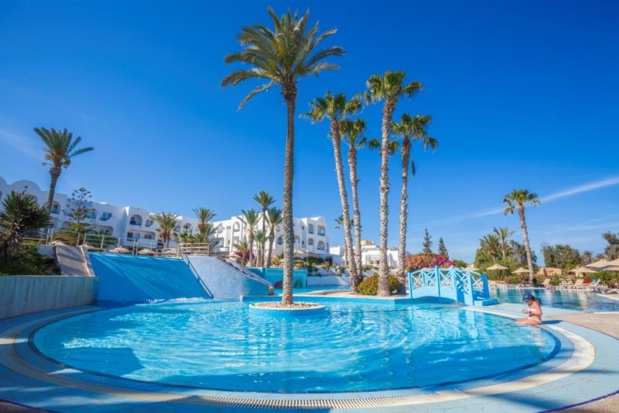The tragic death of three teenage students in Tunisia on Monday April 14 have cast a somber shadow over the nation, reigniting deep concerns about the state of public infrastructure and the safety of school environments.
The victims, aged between 18 and 19, lost their lives when a crumbling wall collapsed within their school premises in Sidi Bouzid. Two other students sustained serious injuries and were rushed to hospital. The incident has traumatized the local community, with grieving families and classmates left reeling from a loss that many say could have been prevented.
In the aftermath, public anger has surged, as many Tunisians see the collapse not as an isolated accident, but as a symbol of systemic neglect. Videos circulating on social media show emotional protests erupting in the streets of Sidi Bouzid, a city already steeped in historic discontent. The deaths have become a rallying point for citizens frustrated by years of inadequate investment in infrastructure, particularly in the country’s interior regions where services remain uneven and often dangerously outdated. The dilapidated state of the wall, officials confirm, had long gone unaddressed.
Tunisia’s largest trade union, the UGTT, has called for a nationwide school strike in protest, accusing authorities of abandoning public education and failing to prioritise student safety. The union’s statement described the collapse as a “painful tragedy born of government negligence,” demanding urgent reforms to prevent further casualties. For many Tunisians, especially in under-resourced regions, the incident is a devastating reminder of the human cost of chronic institutional failure—a cost now tragically borne by the country’s youth.



